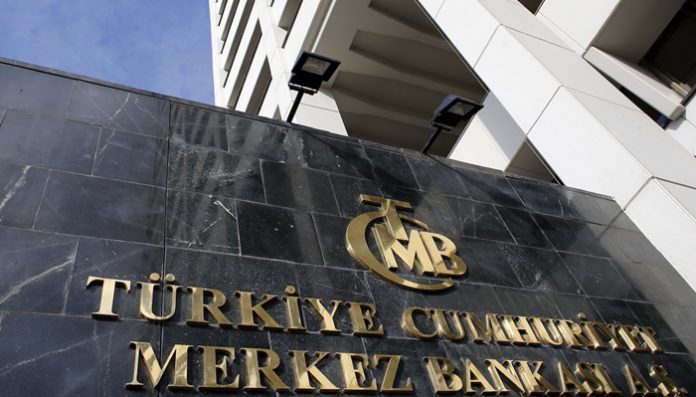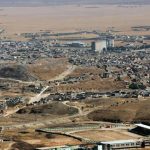Turkey’s central bank kept its policy rate steady at 14 percent for the second straight month on Thursday as expected, despite a jump in inflation to nearly 50 percent after last year’s easing cycle triggered a currency crisis, Reuters reported.
The bank began easing in September and has cut interest rates by 500 basis points under pressure from President Recep Tayyip Erdoğan, whose unorthodox new economic plan prioritizes credit, production, exports and employment. read more
All 20 economists surveyed in the Reuters poll predicted the bank would leave its benchmark rate (TRINT=ECI) unchanged.
After the decision, the lira held mostly steady and was at 13.62 versus the dollar at 1103 GMT, slightly weaker on the day.
Annual inflation soared to a 20-year high of 48.69 percent in January, leaving real yields in deeply negative territory, which is a red flag for investors and a vulnerability for the lira.
The bank signaled last month that it would pause the easing cycle to monitor its effects. It expects inflation to tumble in the second half of the year, even as most analysts expect price and wage pressure to persist.
The lira, which slumped 44 percent in 2021 on concerns about premature easing, has traded steady this year after costly state interventions in the currency market and a scheme to protect lira deposits against forex depreciation.
In recent years, Erdoğan has rapidly overhauled the bank’s leadership with like-minded officials, undermining its credibility as an independent institution.
***Show us some LOVE by sharing it!***



